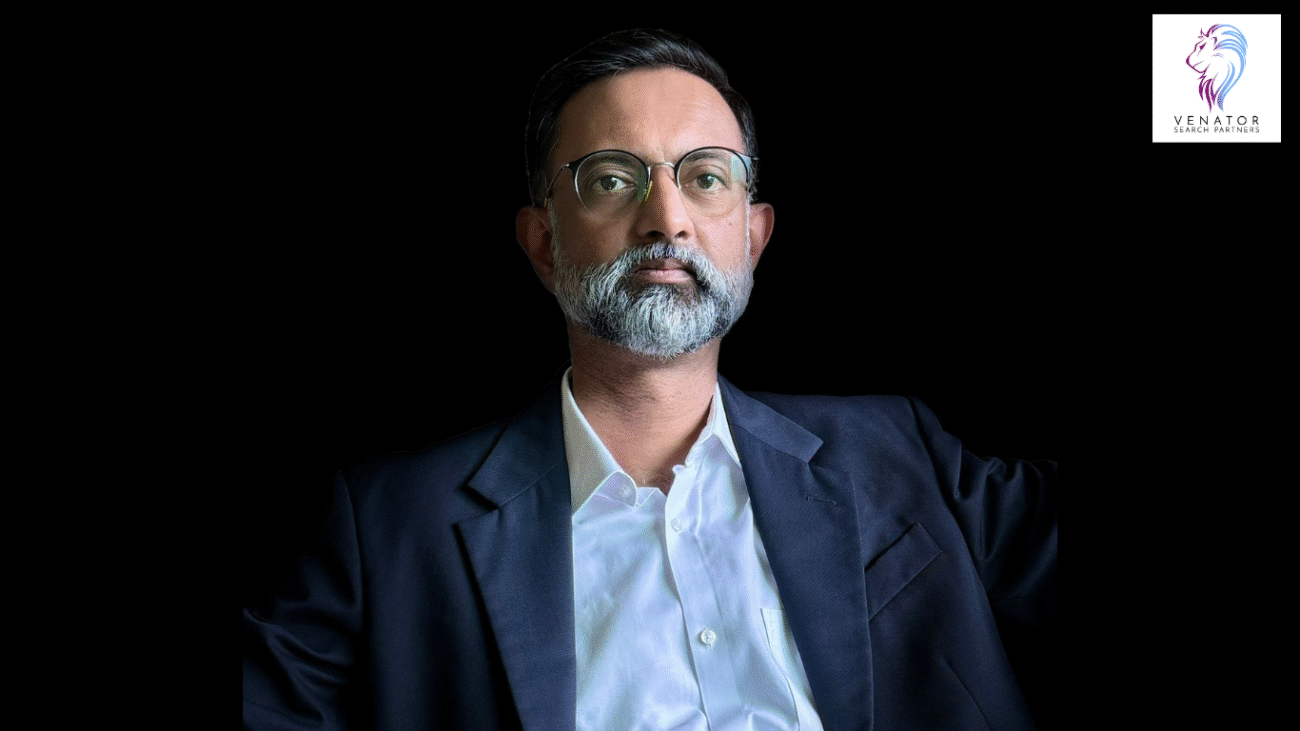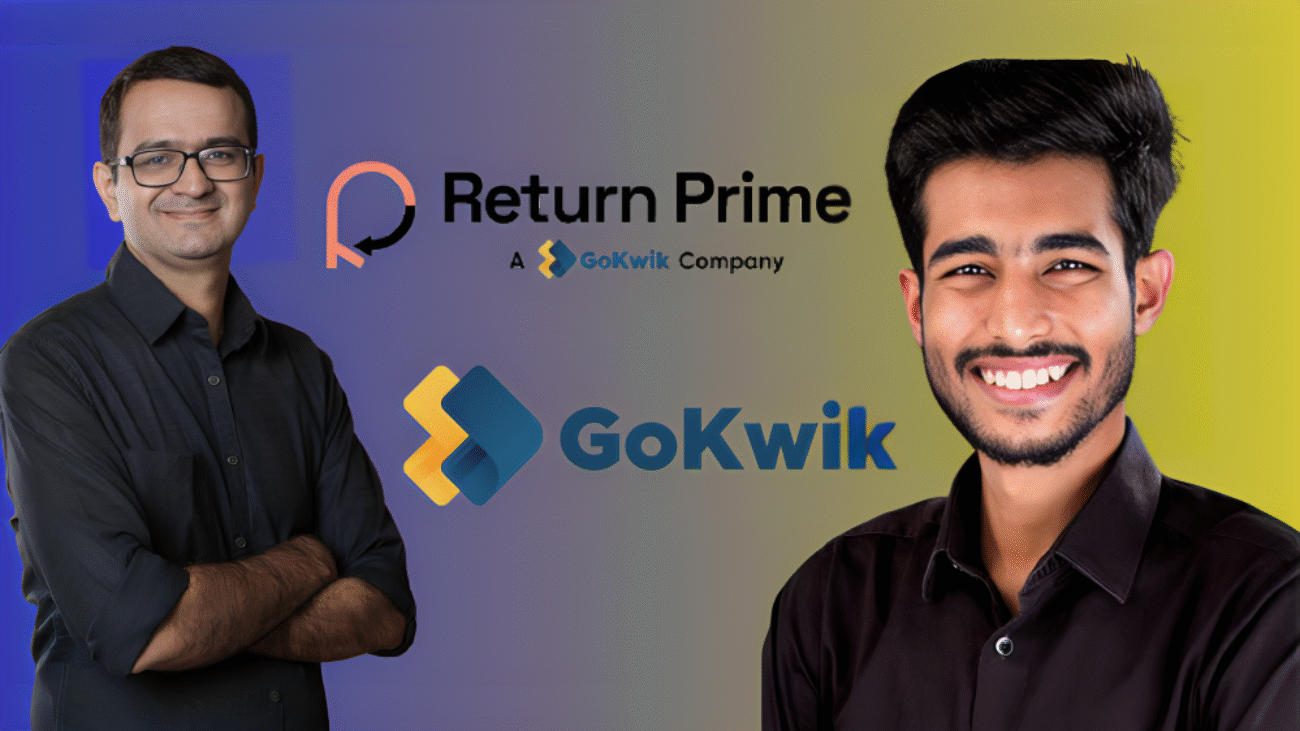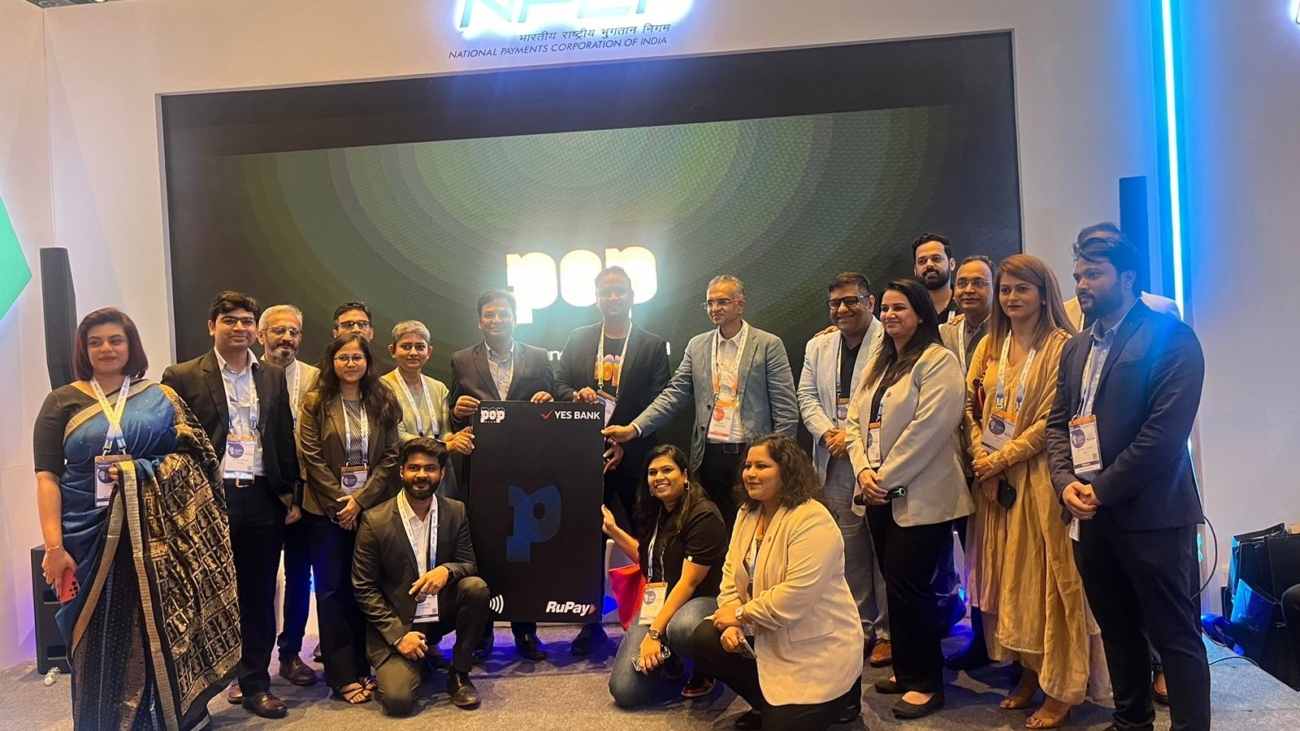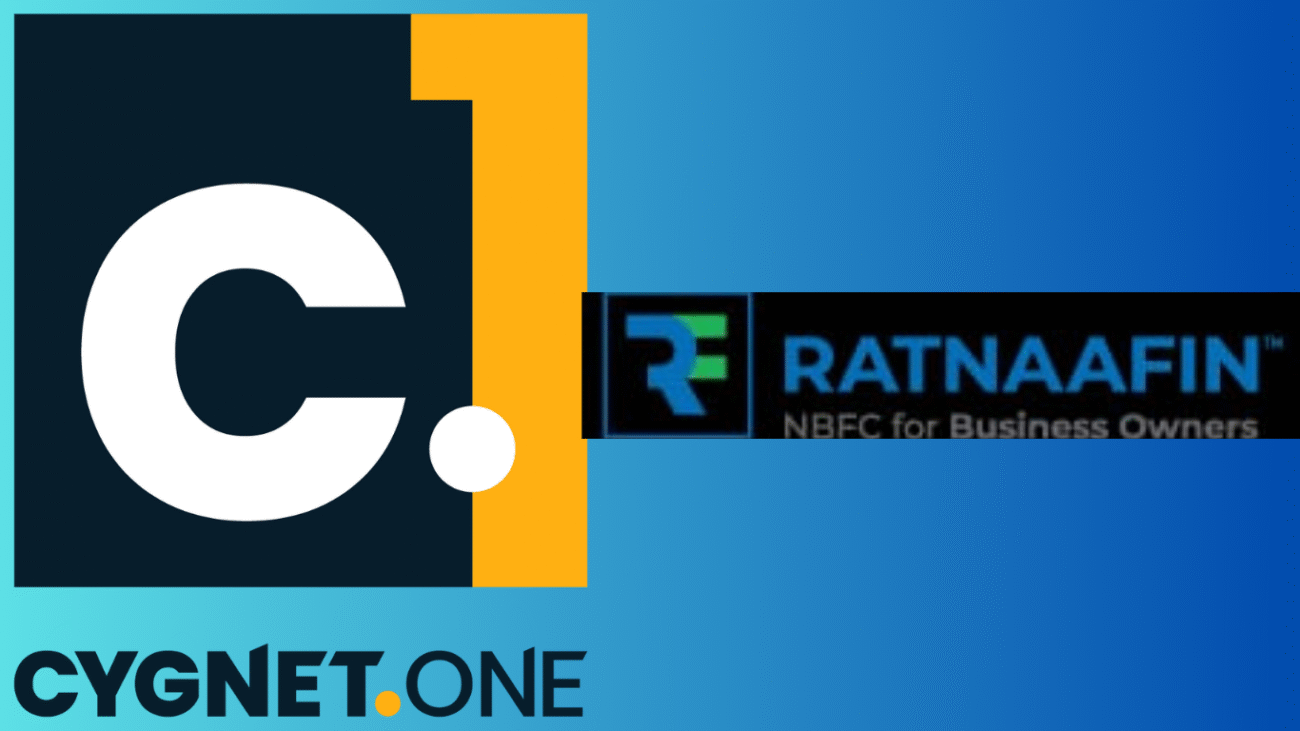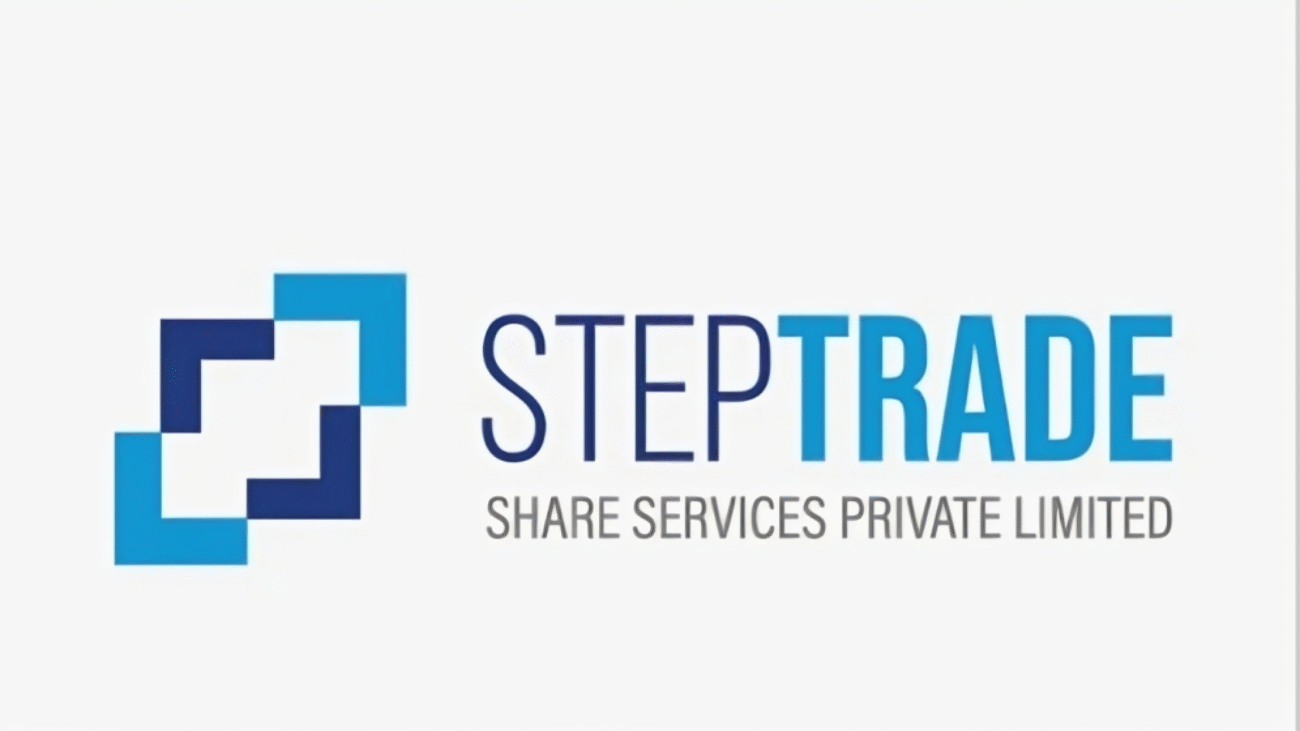As the banking and financial services industry moves towards the digital era, Generation X is expected to be at the helm of fintech companies. There is consensus that bank-fintech partnerships are the future, according to a survey conducted by BFSI focused CXO search firm Venator Search Partners. Even globally, Generation X (35-50 years old) accounts for 51% of leadership roles.
While Gen X is expected to dominate the leadership positions in the digital organisations, millennials are also gradually occupying leadership roles. Presently, millennials represent the largest percentage of the workforce and several of them are climbing the leadership ladder to occupy leadership roles faster than any other generation.
A bird’s eye view of the fintech space reveals that a big majority of the fintechs were founded over the last 5-7 years. Most of the founders of these companies are Gen X or millennials. Therefore, considering the age of the founders and the scale-up potential of these startups, there is an emerging vacuum in terms of mentorship.
Based on the industry requirements, senior BFSI professionals are likely to guide the founders of Fintechs, most likely by occupying advisory roles in the organisations or as members of the board. A collaboration of ambitions and technical skills of the young entrepreneurs and the guidance of experienced BFSI professionals will be vital for the overall progress of the organisations.
While traditional banks provide a safe option for several BFSI professionals, leadership roles in Fintech and digital lending organisations can provide an attractive proposition for these senior banking professionals. Higher stock options and an opportunity to mentor the future generation seem to be the primary reasons for experienced BFSI professionals moving to digital lending platforms.
Several BFSI professionals are aware of the immense potential that the digital lending platforms possess. Guiding such companies into the future is an attractive proposal for many. It also allows them to be part of the growing movement of fintech.
“We as headhunters see significantly higher cash compensation that the Fintechs offer compared to traditional banks. That’s possibly the only effective way of attracting capable talent. Often such offers from Fintechs are more than 50% higher on cash compensation compared to private sector banks,” said Deepraditya Datta, Founder, Venator Search Partners.
In terms of industry trends, the change in the credit needs of different industries has brought about a shift in focus from rates and payments to speedy access to credit. In this scenario, unsecured retail lending has emerged as the winner and is likely to be the future growth driver of fintech. More than 60 respondents which includes CEO’s, secured & unsecured lending professionals, HR Heads from leading NBFC’s, Banks & Fintechs participated in this survey.

